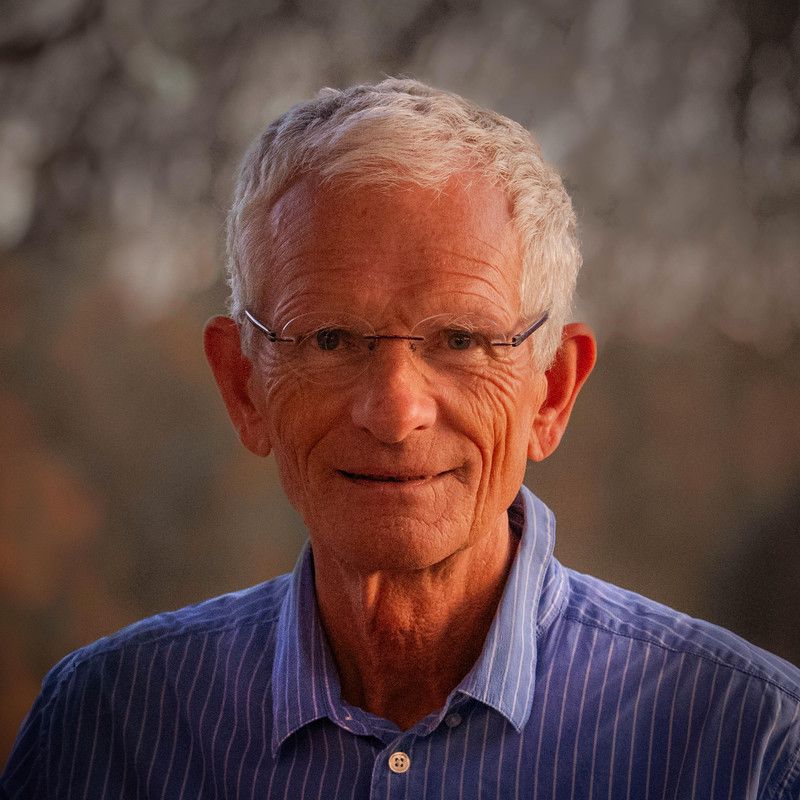Doctorate
Full member
ESML-IPL
Nicholas McNair (1951) was head chorister at Canterbury Cathedral at the age of 13, later studying at Cambridge University, as well as composition and piano at the Royal College of Music in London. He wrote a series of works supported by the Arts Council of Great Britain, the RVW Trust and other foundations, giving his first improvisation recital in 1979. Arriving in Portugal in 1980, he worked for the CNB, the National Conservatory and the S. Carlos Theatre. In the 1990s he worked as an editor with Sir John Eliot Gardiner, researching and preparing for performance and recording (with DG Archiv) the major operas by Mozart and Beethoven. He taught at the Lisbon School of Music for over 30 years and was Artistic Director of its Opera Studio from 2011-2015. He has worked regularly with the Gulbenkian Choir and Orchestra as organist and pianist, and has performed live music for 150 silent films at the Cinemateca Portuguesa, as well as at the Cannes Film Festival in 1995 and the National Gallery of Art in Washington D.C. in 1997. He reconstructed the music for the DVDs of the silent films Amor de Perdição (Pallu, 1921) and Os Lobos (Lupo, 1924), and composed the soundtrack for A Rapariga das Luvas (Botelho, 2016), and the DVDs of Mulheres da Beira (Lupo, 1923) and O Destino (Pallu, 1922).
He composed music for plays by Shakespeare – The Tempest (Teatro S. Luiz 2004) and Hamlet (CC Olga Cadaval 2007) – and Brecht (Teatro do Bairro, 2019), also collaborating with various composers (such as Philip Glass, Luís Tinoco, Vasco Mendonça and António Pinho Vargas) in the preparation of contemporary operas. In 2021, he formed a 2-piano improvisation duo with jazz pianist Samuel Gapp, releasing the CD Mirages in 2022. He recently gained a PhD in Musical Arts from UNL with a thesis on improvisation, and is a researcher at CESEM/Nova.

